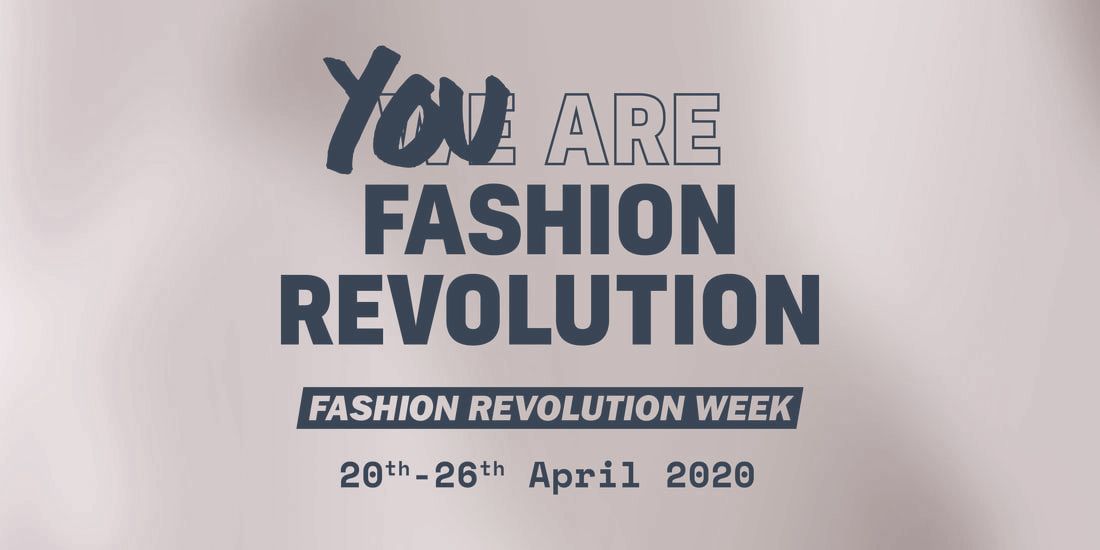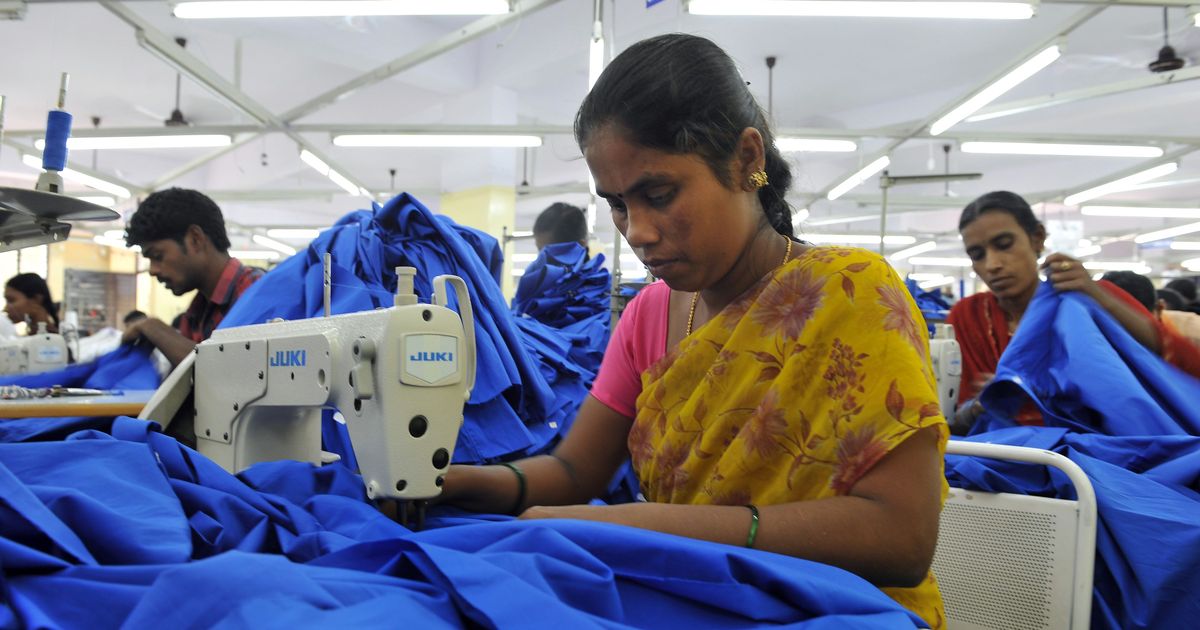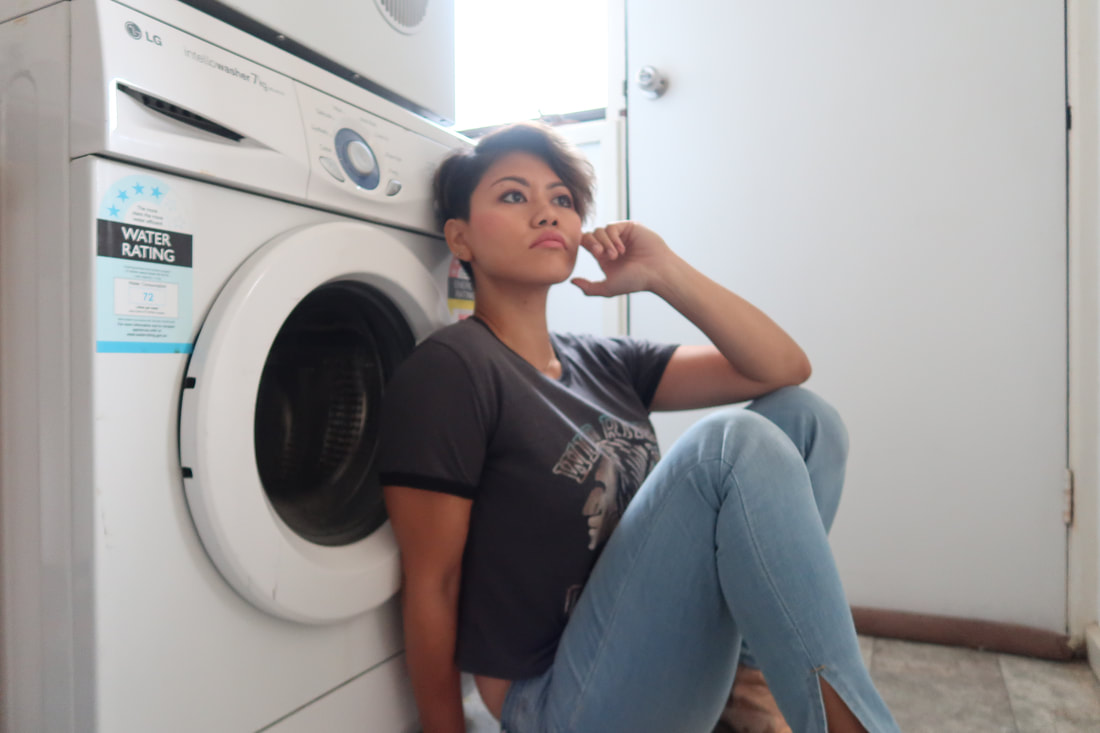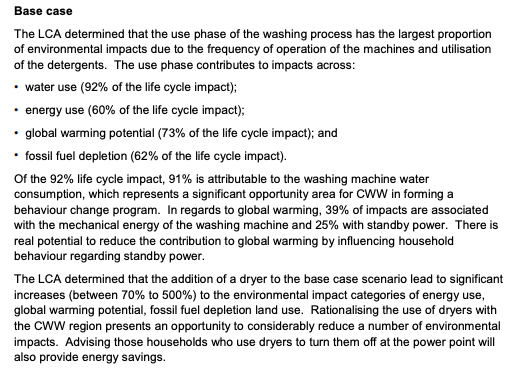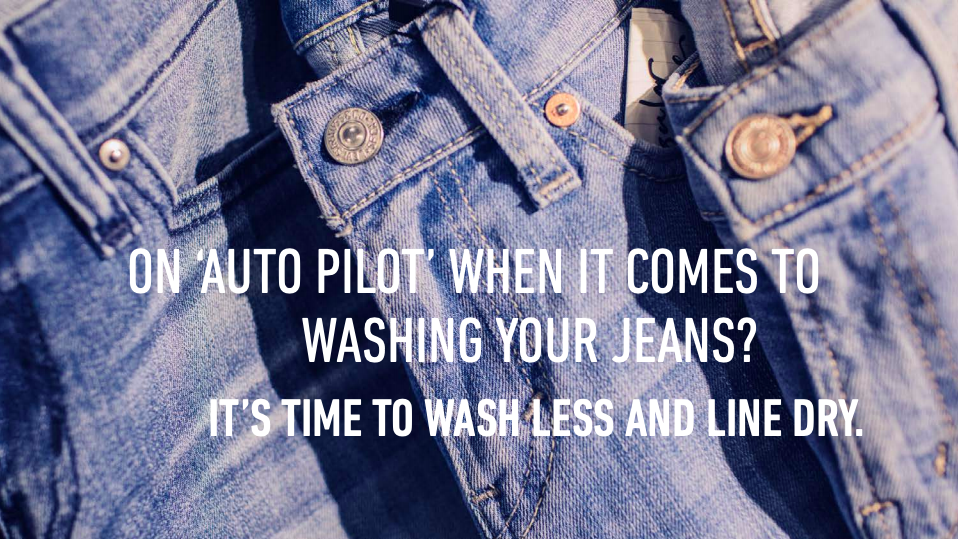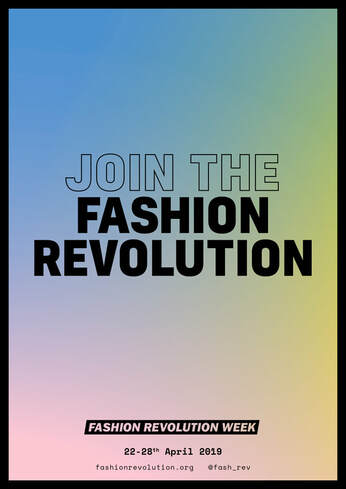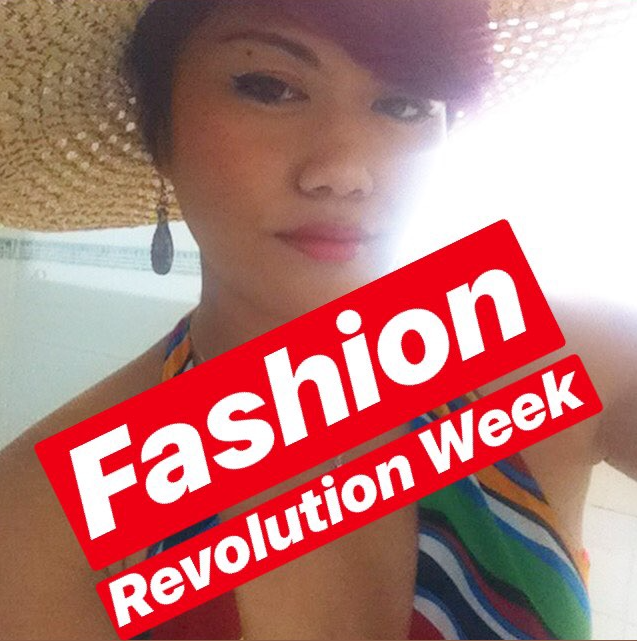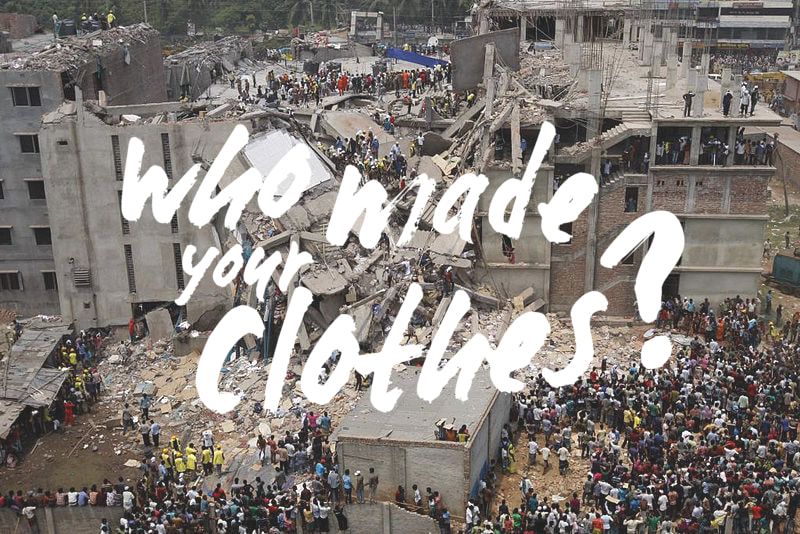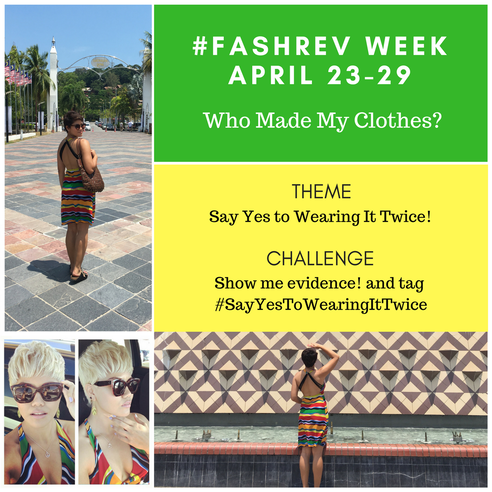|
Hi all, Najah here. Guess what? It’s #FashRev week! In today’s blogpost I’m putting together a list of free online resources you can get your hands on as the world of #fashion crumbles all around us (more on that story later, but mostly because fashion's wealth is built on exploitation of others within its supply chain.) 560 words; 2.5 min read. We are all here feeling crap togetherSide backstory: It’s been a while since I had last posted. I have been working on a number of creative projects towards the end of 2019 and was very much looking forward to lots of #sustainablefashion happenings in the new year. Suffice to say, they were all due to be executed in April 2020 but, of course, #Covid. Since February I have been in Australia to visit family and friends, as well as catch up on business stuff. I was not allowed to fly back to KL in March as originally planned, so here I am, stuck in #Melbourne with my Aussie gang! Not a bad place to be, though: with family. So I consider myself one of the lucky ones. It’s a difficult time for all of us as I have been doing FaceTime chats with friends all over the world— Italy, Spain, USA (New York, Miami), Malaysia. Everyone is doing it tough in their own ways. I had a friend message me from Sri Lanka, whose income is (or was) from working in retail in the tourism sector. He said he’s down to eating once a day. I’ve read somewhere that the #coronavirus effects in India will literally cause deaths due to starvation as people can’t get on the trains to be with their families in regional towns and will be dying on the streets in the big cities. So grim, and if you have some spare cash to help your mates, I encourage you to do what you can. If you can’t, it’s OK. Everyone’s journeys are different. As long as we are here for each other. Slowing down due to a global pandemicOne thing is for sure, the world is slowing down in a MAJOR way. I don’t have to repeat what you guys already know — in terms of the good news stories pertaining to our #environment on the other side of this economic so-called crisis (because, #capitalism.) So I feel like I don’t really need to say too much about #SlowFashion anymore. (But if you want to get up-to-date with the news, check out https://www.bbc.com/future/article/20200326-covid-19-the-impact-of-coronavirus-on-the-environment) According to trend forecaster Li Edelkoort, the coronavirus pandemic, eventually, will “allow #humanity to reset its values.” She offers this view: “It seems we are massively entering a quarantine of consumption where we will learn how to be happy just with a simple dress, rediscovering old favourites we own, reading a forgotten book and cooking up a storm to make life beautiful.” (Source: https://www.dezeen.com/2020/03/09/li-edelkoort-coronavirus-reset/) There have been reports (just in the last 24 hours) however that Boohoo has seen a surge in profits and sales in April, compared to March, as the #coronavirus forces more shoppers online. This news story made me happy but sad at the same time. Why? Because on one hand, big brands have stopped paying for their COMPLETED orders in countries like Bangladesh (see how Covid is affecting fashion’s supply chain here: https://www.fashionrevolution.org/the-impact-of-covid-19-on-the-people-who-make-our-clothes/) but on the other, Boohoo’s top sourcing countries include the UK, China, India and Turkey, but we don’t know from which factories. (Source: https://labourbehindthelabel.org/boohoo/). Boohoo workers’ pay and conditions are cloaked in secrecy and I don’t know if buying stock from Boohoo right now to keep them afloat is the right thing to do or not— because pre-Covid, it sure isn’t! Supporting workers to keep their jobs and wages is a good thing (generally, speaking, let’s not go into *what’s a fair wage*), if, and only if— they are keeping people in their jobs (at least I think in the UK, where most of their clothing is sourced from), but Boohoo’s fast fashion business model can’t be a good thing in the long run, you know what I mean? If there is one thing fast fashion companies can learn from this outbreak, it is to review their whole operations and how they make their products.. to ensure healthy profits for the company, planet, and humanity. I sure hope lots of fashion brands are thinking about pivoting right now. #Sustainability is the only way forward to build a resilient and fair fashion industry. But I guess this also applies to all goods being manufactured, right? Let’s get woke at home! Without getting into the personal psyche of what motivates an individual to shop at Boohoo.com, I will move on to some healthy ways that you can contribute to your fashion ‘wokeness.’ Best thing about staying at home right now? Is that there are no geographical boundaries for joining online events for FashRev. And they’re all FREE! So here’s the list:
Fashion Revolution USA has a week-long list of activities on their IG Live that anyone can tune into, check ‘em out here https://www.instagram.com/stories/highlights/18113567992115464/ And finally, of course — please go to fashionrevolution.org for a myriad of educational resources on the state of #WhoMadeMyClothes? and #transparency in fashion.  Fashion Revolution Week is a global campaign that mobilises consumers to ask #whomademyclothes every year in April, which falls on the anniversary of the Rana Plaza garment factory collapse in Bangladesh, which killed 1138 people and injured many more on 24th April 2013. That is the day Fashion Revolution was born. During this week, brands and producers are encouraged to respond with the hashtag #imadeyourclothes and to demonstrate transparency in their supply chain.
|
Details
�
#FashionEducationAdding substance to the Conscious Fashion chatter. Archives
April 2024
Categories
All
Resources
Read more.. |
||||||||||||
Acknowledgement of Country
FASHINFIDELITY acknowledges First Australian peoples as the Traditional Custodians of this country (known as Australia) and their continued connection to land, sea, and culture. FASHINFIDELITY pays their respects to the resilience and strength of Ancestors and Elders past, present, and emerging and extends that respect to all First Australian peoples. FASHINFIDELITY is brought to you from the traditional lands of the Wurundjeri Woi Wurrung and Bunurong peoples of the Kulin Nation.
FASHINFIDELITY acknowledges First Australian peoples as the Traditional Custodians of this country (known as Australia) and their continued connection to land, sea, and culture. FASHINFIDELITY pays their respects to the resilience and strength of Ancestors and Elders past, present, and emerging and extends that respect to all First Australian peoples. FASHINFIDELITY is brought to you from the traditional lands of the Wurundjeri Woi Wurrung and Bunurong peoples of the Kulin Nation.

